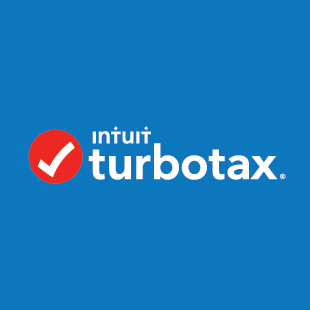Do You Have to File Taxes if You Have No Income?
Inside: This guide will help you determine if you are eligible for a tax refund, find out what deductions and credits you may be able to claim, and provide instructions on how to file your taxes with no income.
The IRS says that “if you do not have enough money coming in during the year to owe taxes, then usually you don’t need to file a return.” However, there are a few exceptions.
For example, if you’re self-employed and had business income last year, you’re required to file a tax return regardless of how much money you made.
And even if your income is below the filing threshold, you may still want to file in order to get a refund of any taxes that were withheld from your paycheck.
If you’re not sure whether or not you need to file, we will discuss what you need to consider and figure out if you need to file a tax return with no income.
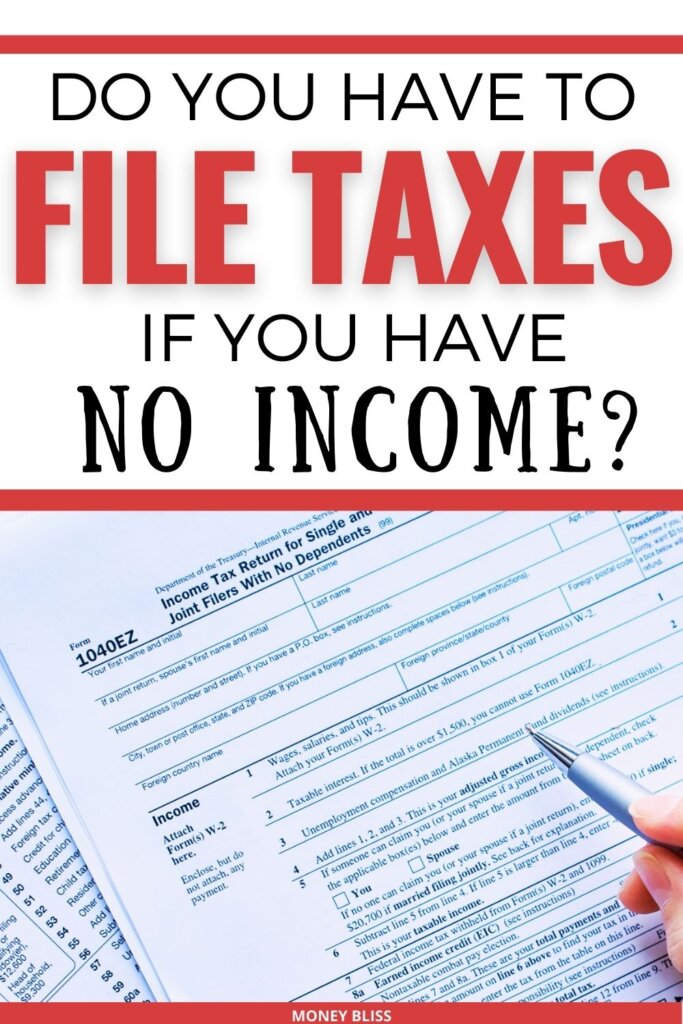
What do I file if I have no income?
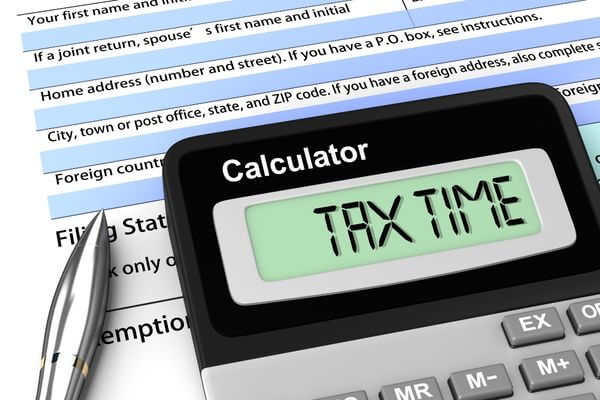
If you earned very little or no income in the last tax year, you don’t necessarily have to file a tax return.
The IRS has minimum income requirements that can vary depending on your tax status, so if you fall below the threshold, you’re not required to submit a federal tax return.
Also, the minimum income requirements change each year.
This post may contain affiliate links, which helps us to continue providing relevant content and we receive a small commission at no cost to you. As an Amazon Associate, I earn from qualifying purchases. Please read the full disclosure here.
TurboTax® is the #1 best-selling tax preparation software to file taxes online. Easily file federal and state income tax returns with 100% accuracy.
This is how I have filed my personal taxes for many years.
How much income do you need to file taxes?
The amount of income you need to file taxes depends on your filing status and any special situations that would cause you to file taxes.
- For example, if you are single and under 65 years of age, you must file a federal tax return if your gross income is over $12,950 in 2022.
- If you are married filing jointly and both spouses are under 65, you must file if your total gross income is greater than $25,100.
However, if you have a type of income that requires you to file a return for other reasons, like self-employment income, or buying and selling stocks, or even just interest income.
| Filing Status | Your Age on Dec. 31, 2022 | You’re not required to file a return if your gross income was less than: |
| Single | Under 65 65 or older | $12,950 $14,700 |
| Married Filing Jointly | Under 65 (both spouses) 65 or older (one spouse) 65 or older (both spouses) | $25,900 $27,300 $28,700 |
| Married Filing Separately | Any age | $5 |
| Head of Household | Under 65 65 or older | $19,400 $21,150 |
| Qualifying Widower | Under 65 65 or older | $25,900 $27,300 |
Related: Is Social Security Disability Taxable?
if you have no income can you get tax refund
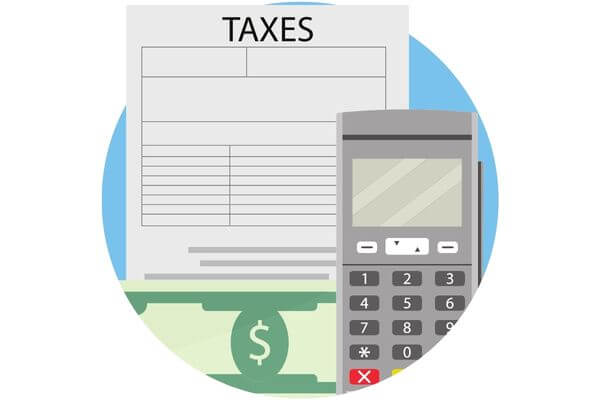
If you don’t have to file a tax return, consider filing anyway.
You have to file your taxes to see if you are owed a refund from the IRS.
As such, there are some benefits to filing even when you earn very little or no income.
- You may qualify for refundable tax credits, such as the Earned Income Tax Credit or the Additional Child Tax Credit. You may also be eligible for the American Opportunity credit if you’re attending college or a higher education program.
- If you are employed but earned little to no income, you may wish to file a tax return to get back any taxes withheld from your pay.
- If you’re self-employed or a gig worker, keep in mind that you must file a tax return if you earned more than $400 from self-employment efforts in the last year.
- If you received any health care tax credits or subsidies for the past tax year, you must file to keep receiving them, even if you normally wouldn’t be required to file.
By understanding your personal tax situation, you will know whether or not to file taxes if you have no income.
Can I file taxes if I have no income?

Yes, you can file taxes even if you have no income.
The IRS has specific income thresholds that change annually based on inflation and filing status. If your income falls below these thresholds, you are not required to file a federal tax return.
However, you may still want to file if you qualify for refundable tax credits or just to make sure you file taxes, so you don’t have to worry in the future.
TurboTax® is the #1 best-selling tax preparation software to file taxes online. Easily file federal and state income tax returns with 100% accuracy.
This is how I have filed my personal taxes for many years.
Other factors to consider when determining if you need to file taxes
The IRS requires that you file a tax return if your income is above a certain amount.
However, there are other factors to consider when determining if you need to file taxes.
Let’s discuss what factors to look for.
1. Itemized Deductions
Itemized deductions are essential when it comes to determining the amount of taxes one is required to pay.
These are expenses that an individual or business can deduct from their taxable income. They can include deductions for medical expenses, charitable donations, state and local income taxes, mortgage interest, and other types of expenses.
When filing taxes, you may choose to either take a standard deduction or itemize their deductions.
- Taking the standard deduction is the simpler option, as it allows you to deduct a certain amount without having to itemize the individual expenses.
- However, if you have a significant amount of deductions, such as those related to medical expenses, charitable donations, or home mortgage interest, then you are likely to benefit more from itemizing your deductions.
By itemizing deductions, you are able to reduce the amount of money you owe on your taxes due to being able to deduct certain expenses.
2. Income Tax Withholdings
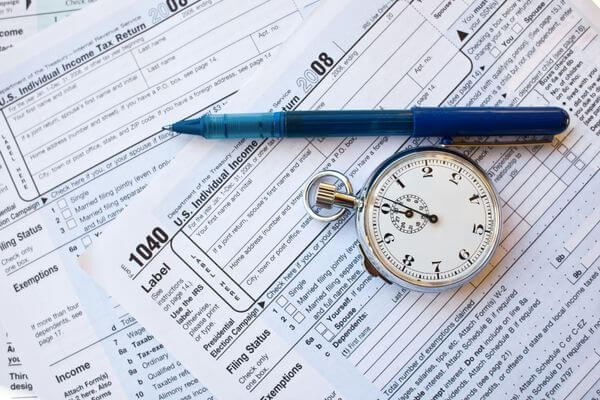
Income tax withholdings are a portion of an employee’s earnings that are withheld by their employer and sent to the government to cover their expected tax liability.
This is done on a regular basis throughout the year and is based on an estimate of how much income tax the employee is expected to owe when they file their tax return.
These withholdings are important because they help ensure that a taxpayer will be able to pay their expected income tax liability when it’s due.
However, if the taxpayer has too much withheld, they may be entitled to a refund when they file their tax return, so it’s important to file taxes in that case.
3. Qualifying For the Child Tax Credit (CTC)
To be eligible for the CTC, your qualifying child must be under the age of 17 and a U.S. citizen, national or resident alien. You must also provide more than 50% of their support and they must live with you for more than half the year.
The Child Tax Credit is based on your income, specifically your modified adjusted gross income (MAGI).
Determine your eligibility for this credit.
The maximum tax credit per child is $2,000, of which $1,500 is refundable.
TurboTax® is the #1 best-selling tax preparation software to file taxes online. Easily file federal and state income tax returns with 100% accuracy.
This is how I have filed my personal taxes for many years.
4. Qualifying For Earned Income Tax Credit (EITC)
If you are eligible for this credit, the maximum amount you can receive will depend on the number of qualifying children you have.
To determine your eligibility, you can check here.
This tool will help you to determine if you meet the income requirements and other rules required to qualify for the EITC.
Once you have determined that you are eligible for the EITC, you need to claim the credit in your tax return by using Schedule EIC.
5. Other Tax Credits
Tax credits are an important part of the tax filing process, as they can reduce the amount of taxes you owe or even increase your refund.
Some of the most commonly used tax credits include the:
It is important to understand how tax credits work and which credits you are eligible for so that you can maximize your tax savings.
Know one tells you how to become an adult.
You might as well get a quick guide to help you get started.
How to file taxes with no income?
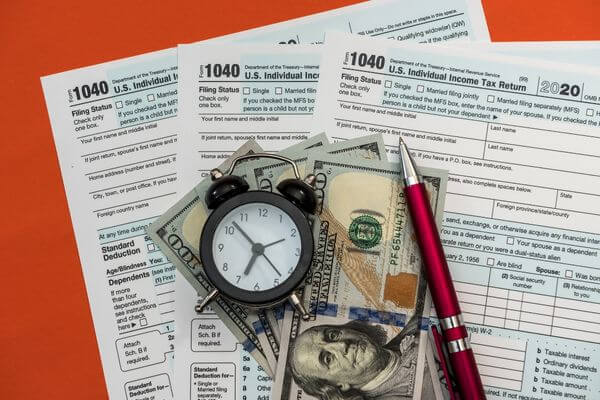
If you have no income, you might be wondering if you are still required to file taxes.
Generally, the IRS has minimum income requirements each year that determine whether you need to file a federal tax return. If you earned below the threshold, you are not obligated to file a tax return.
However, there are some good reasons to file even when you are not earning any income.
- For example, you might qualify for a refundable tax credit or get back any taxes withheld from your pay.
- Additionally, if you are self-employed and made more than $400 in the year, you must file a tax return.
If you want to file a tax return with no income, here is a step-by-step guide:
Step #1: Determine who has to file a tax return
Answer these questions to see if you have to file a tax return first.
- Consider your age, marital status, and whether or not you’re a dependent.
- Determine if you earned income that was more than the standard deduction.
- See if you had self-employment income of a certain amount or wages paid by a church or a qualified church-controlled organization.
- Determine if you had unearned income, such as those from investments, taxable income, or taxable Social Security Benefits.
- Check if you owe any additional taxes, such as the alternative minimum tax, nanny tax, taxes on tips, and taxes on any qualified retirement plans or health savings plans.
- Examine whether you, your spouse, or a dependent received advance payment of the premium tax credit or health coverage tax credit.
- Review if you took distributions from a medical savings account or a health savings account.
- Consider if you are an undocumented immigrant or nonresident who has engaged in U.S. trade or business.
- Check if you are eligible for a refundable tax credit.
- File taxes to claim any potential refund or benefits from the government.
You may be wondering Can I claim my girlfriend as a dependent?
Consult with a tax professional if you have any unusual or confusing income.
Step #2: Gather your tax documents to file your tax return
For many, this can be the most difficult step.
Start by obtaining your tax documents, such as:
- Your W-2
- Form 1099-Misc
- Form 1099-G
- Form 1099-DIV
- Form 1099-INT
- Form 1099-NEC
- Mortgage Interest Statement
Learn how to file taxes without W2.
Step #3: Utilize Free Tax Software
Tax preparation software can make filing taxes with no income easier by providing guided return preparation assistance
For many taxpayers, you are able to use tax software. Depending on your personal situation will determine if you can file your taxes for free or for a fee.
Personally, I prefer to use Turbotax.
The great part about tax software is their system will walk you through everything you need to work on based on your personal information.
Many of these services are free for people earning very little or no income:
Step #4: Choose Your Refund Option
Make sure to double-check all information before submitting your taxes.
Decide whether you want to receive your refund as a direct deposit into your bank account, or if you would prefer to receive a check in the mail.
Your filing requirements are to prepare and File a 2022 federal income tax return by April 18, 2023.
Step 5: Submit Your Tax Return:
Filing your taxes without income can be a bit of a tricky process, but it’s not impossible.
If you had taxes withheld from your paycheck or paid estimated taxes, you should file your taxes to obtain a refund.
Finally, submit your tax return online or mail it to the IRS.
Make sure to keep copies of your tax documents and all filing materials for your records.
FAQ
Do You Have an Income Tax Liability?

Filing taxes with no income is possible.
Make sure you understand the filing requirements and take advantage of any refunds or credits you may be eligible for.
If you are wondering why do I owe taxes this year, you need to understand that.
Did the post resonate with you?
More importantly, did I answer the questions you have about this topic? Let me know in the comments if I can help in some other way!
Your comments are not just welcomed; they’re an integral part of our community. Let’s continue the conversation and explore how these ideas align with your journey towards Money Bliss.


